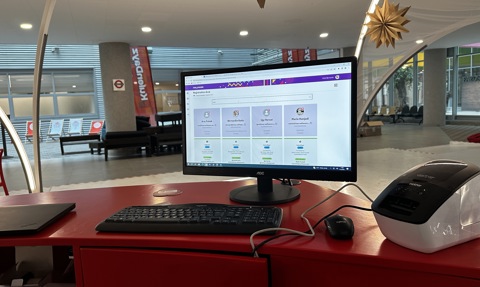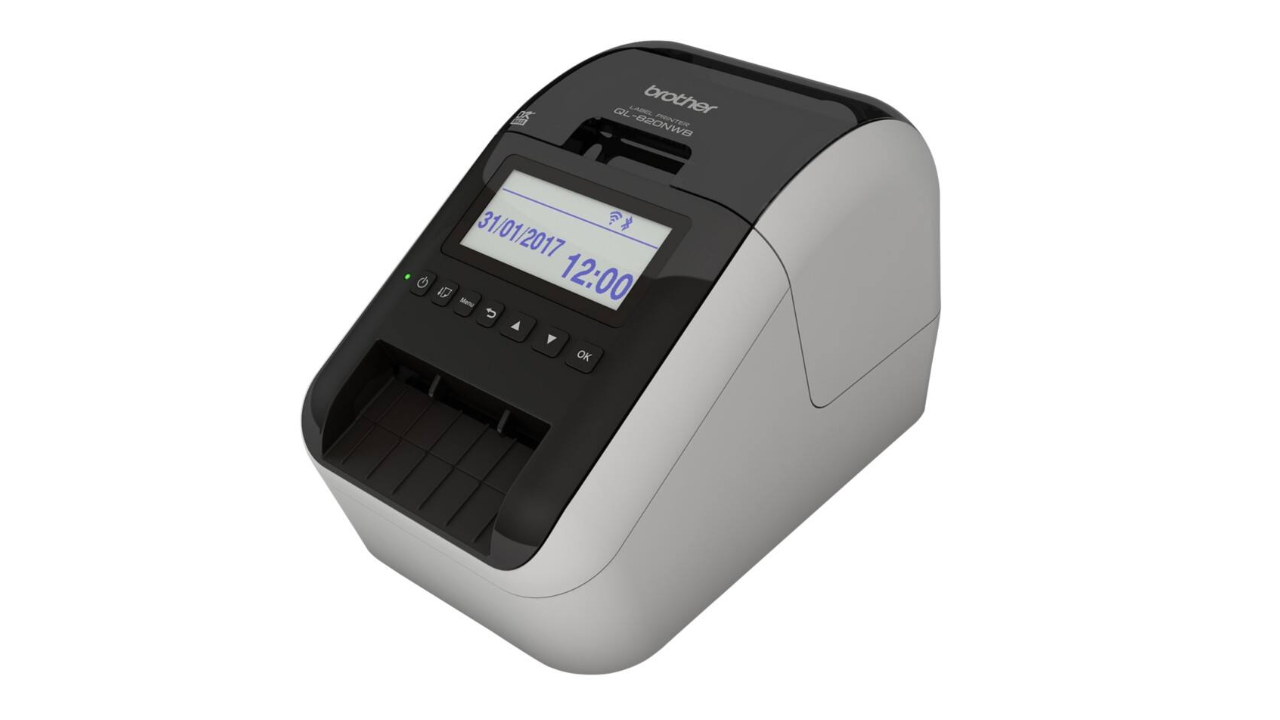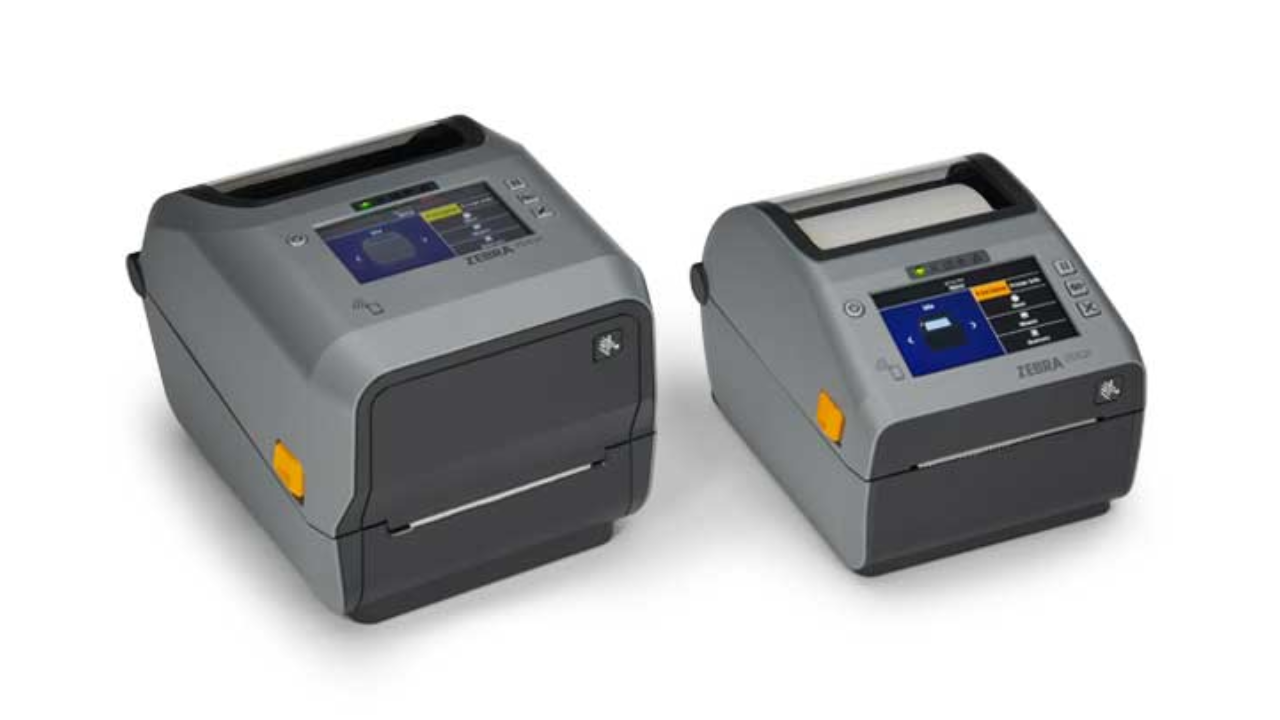Renting Hardware with Minimal Staff Support
Things become more complex as the event grows. At some point, it will make sense to start renting the equipment since event organizers usually don't otherwise need a large number of tablets, printers, and kiosks throughout the year - they will need them once or twice a year, and the rest of the time, that equipment is just collecting dust. Plus, you can't just leave it lying around: it needs to be stored in a dry space, possibly at room temperatures, and it needs to be checked upon, updated, and maintained a few times a year.
Hardware rental prices might strike organizers as high since renting is often almost as expensive as buying the hardware. However, the warehousing and maintenance costs need to be added to the cost of the hardware itself, and if event organizers don't have in-house manpower and expertise to manage that, especially if the hardware is used only sporadically, hardware rental is definitely a viable option.
This is where event organizers need to have clear communication with the hardware company about what they really need to get the hardware suitable for their event since the hardware needs to support their software, their badge designs, envisioned check-in flow, and all the other questions that have been discussed in the previous three articles of this blog post series.
Ideally, event organizers will simply pass the list of required hardware to the hardware rental company. However, specialized badging agencies usually understand the challenges that event organizers face and will ask all the right questions in order to provide adequate hardware that will support all the scenarios envisioned by the event organizers.
In the case of simply renting the hardware, the responsibilities should be clearly defined and communicated: hardware rental companies will usually only take care of shipping logistics and send one or a few technicians to set up and maintain the hardware during the event. They will not be involved in the registration process itself, nor will they make any decisions about the software used for registration. Event organizers will still need to do that on their own, which will probably involve hiring additional staff for the event days to perform the registration tasks, just as if they were doing registration on their own. Again, this is where run.events will simplify their lives, since everything is part of the suite, and no data transfer between various systems is needed whatsoever.





